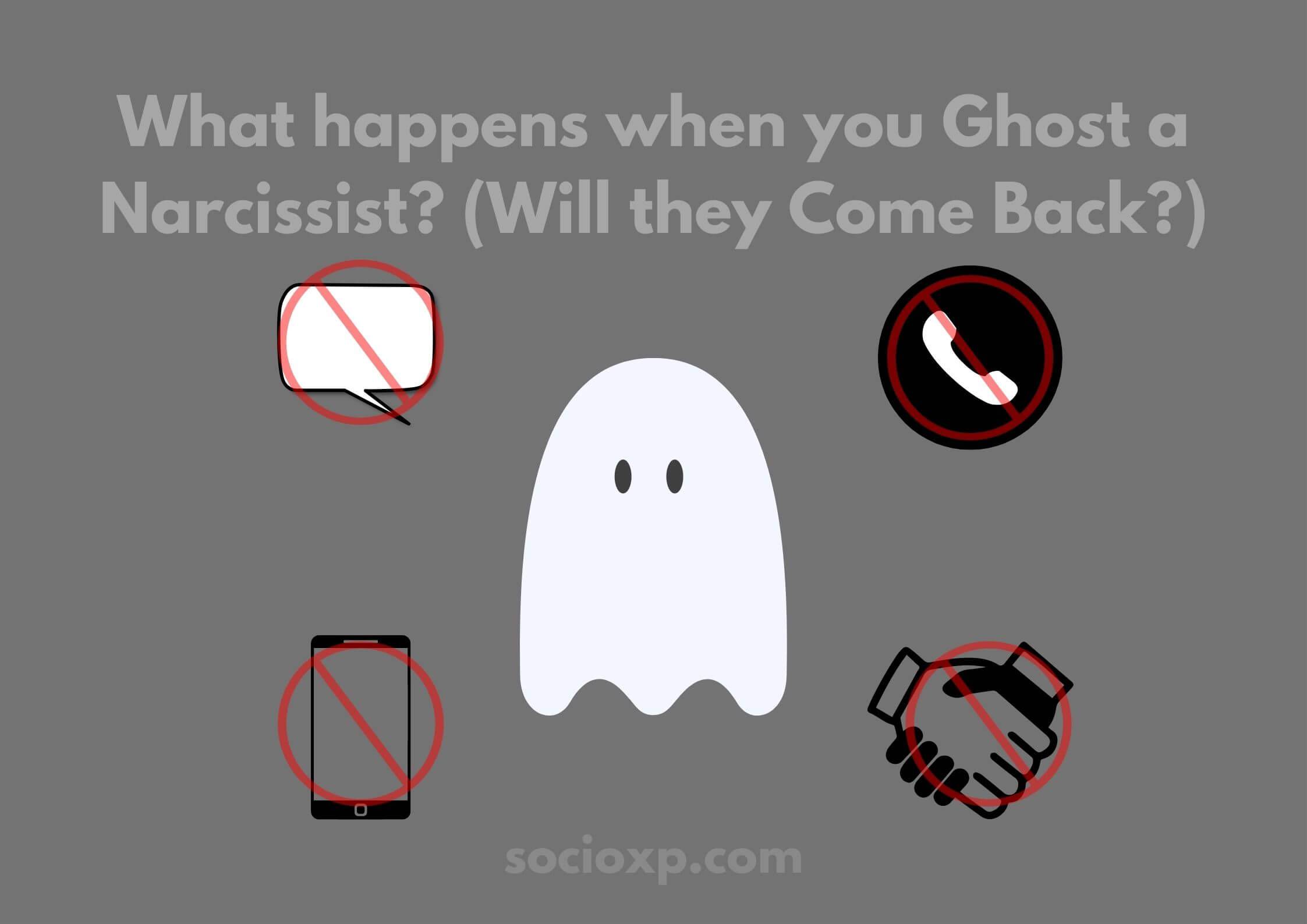5 Signs Of A Narcissistic Therapist
Here are a few signs of a narcissistic therapist in case you may come across one. Mental health disorders are on a rise thus seeking therapy has become inevitable.
As Narcissism exists on a spectrum, it is on a wild spread in modern times. From normal, and healthy, to a little toxic, pathological, and fully blown unhealthy; it exists on a spectrum or a continuum that can only be clinically tested.
Thus the possibility of you coming across a narcissistic therapist has higher chances. Anyone can come across a narcissistic therapist as even the field of healing and mental health issues are not free from the influence of narcissism.
Though everyone is a little narcissistic, narcissism is hazardous when it starts hindering the daily life of an individual and everyone around them.

What is a Narcissist?
Narcissists are often characterized by their boosted sense of self-importance, self-pride, and self-needs. With a narcissist, everything is just about them. They thrive upon the attention, adoration, and validation that they receive from others, and what makes them distinguished from others is the way they think and the way they behave, which is selfish and mean.
A narcissistic individual has an inflated ego and lacks empathy.
Narcissists tend to use people for their needs and desires. They seek attention and control. They believe the world revolves around them and they are entitled to have whatever they desire.
They may seem unsuitable for the job of a therapist, as their traits may be an issue for someone who heals other people, preaches them the theories of fairness and truth, or shows them a clear picture of life. The discordance of a narcissistic therapist may cause issues,
Can a Narcissistic therapist be problematic or unhealthy for you?
A narcissist in all forms may be problematic unless they are on the little to very little toxic side of the spectrum. Once they deviate to the other side, they become less reliable and more problematic.
The same applies to all narcissists present in your life, be it your therapists. Now you may be wondering do you know the true side of your therapist?
How well do you know or trust your therapist? Have you ever felt that the therapy sessions were not working out for you? Have you ever had that hunch that your therapist is a little misleading or deceiving? Then there is the minutest chance that your therapist can be a narcissist. Here are a few signs of a narcissistic therapist in case you may need to check them out.

However, the feeling that therapy is not working for you is not uncommon. Some people may have this constant feeling that therapy may not be working out for them due to their dissatisfaction and lack of effort.
There is a survey published in the journal PLOS ONE, that suggests that 50% of individuals who seek therapy for any mental health issues did not find it helpful.
Narcissism can lead to potential harm to an individual’s thought processes and personality, and this harm may last for a lifetime one of the most shocking revelations is that they do not find themselves problematic narcissistic individuals are on the rise as everyone is making the shift to the other problematic side of the spectrum due to various reasons that may include social norms, toxic family, toxic childhood and what not.
However, people suffering from narcissism may want to make a career out of psychological disorders despite being a victim of one such potential mental health disorder.
They may have reasons for doing so including;
- Narcissistic therapists are potentially looking for victims who would be their source for obtaining the narcissistic supply (that includes attention, adoration, and validation),
- They may want to feel superior as their life may seem perfect while others may be suffering
- They may wish to feel powerful by controlling others around them because their clients may have to follow what they suggest. This makes them feel powerful and entitled.
Ethical and normal therapists would provide therapy out of genuine concern and care for other people while narcissistic therapists may want to establish their authority by gaslighting, invalidating, and damaging their clients who already may have been suffering.
There are ways through which you may be able to identify the ill-mannered and toxic advisor, but it may take a while. You may have to try and test out some therapists. That does not mean all the therapists may be toxic, but if you come across someone toxic, here are ways to figure that out.
5 Signs Of A Narcissistic Therapist
A narcissistic therapist may not be as effective as a normal therapist and also their thoughts might not match with your approach towards your relationship. However there are chances that you may come across a narcissistic therapist, so better be prepared.
These signs may help you recognize the toxic individuals. However, it may take a while to recognize them, but once you do you can act appropriately.
Here are 5 Signs Of A Narcissistic Therapist,
1. They lack empathy and thus engage in victim-blaming and shaming
Narcissists lack empathy, so a narcissistic therapist would also lack empathy for other people’s pain. While you may share your worries, their first reaction may be humor, invalidation, or also a sort of maleficent thoughts. They can also gain sadistic pleasure through your pain.
Your pain can prove that their life is much better and resolved than yours and thus their first thoughts may be delight or humor through your pain rather than concerning and comforting you as they lack sympathy and empathy for others.
A narcissistic therapist may also try to provoke your anger, increase your pain, and may try to insult you.
While it is a known fact that empathy is the foundation of a therapeutic session, a lack of empathy may hinder the effectiveness of an authentic and vulnerable therapy session.
A narcissistic therapist may or may not be able to provide healing to their clients, may not be able to fully validate their emotions, may rush the healing process or even force them to get past the complete situation rather than providing time and a rational solution.

2. They might isolate you from the outer support
Now as you may seek therapy from a narcissistic therapist, you may feel that your pain and emotional turmoil are not given enough attention, and rather the topic may get off track where the therapist may often compare you to their other clients or even themselves. They may also try to undervalue your sufferings.
So when you seek advice from others for your pain and then discuss it with your narcissistic therapist, they may feel offended as they are the ones who should be providing advice and comfort rather than others.
They may feel that their opinion is being double-crossed or double-checked with others and thus this can hurt their ego. So to compensate they might try to isolate you from your other support systems which may include your family, friends, or anyone who ay close to you.
Rather than healing your pain, they may try to be authoritative. While other therapists may encourage you to seek support from others to help you heal better, a narcissistic therapist may try to isolate you and make you emotionally codependent on them.
When they isolate you from others, toxic narcissistic therapists feel powerful and wanted. This may also make sure that nobody can identify their manipulative tactics and thus they wish to shield their image by isolating you.
3. They are dominant, haughty and patronizing
Narcissists have this compulsion or they may create such a mental pressure on you regarding the decision of your issues. They need to have the final say on everything that may happen or you may feel. Their decisions should be final and you should also not dare to change them.
If you try to alter their final decision regarding your life they may get offended and gaslight you to be so guilty that you may not dare to even second think about their decisions. They have this false sense of superiority that they may try to establish you as your therapist.
They believe that they know everything and they are best at making decisions for others and thus might impose their decisions on you. Healthy narcissists just put their viewpoint and leave the decision on you, while a narcissistic therapist might forcefully impose their decisions on you.
They may trap you in a loop of negatives where they would focus on your shortcomings and flaws rather than help you overcome them or be a better person. They may also try to humiliate you indirectly by invalidating your thoughts and making you feel shameful, guilty, and vile.
Rather than constructive criticism, they may fill your thoughts with destructive criticism not allowing you to heal, so that you are more dependent on them and their business runs successfully by manipulating their clients.
Narcissistic therapists can slow down or keep pushing your healing processes, traumatizing you more or not allowing you to forget the past hurtful memories and also hinder your mental peace while deteriorating your mental health.
A narcissistic therapist is exactly the opposite of how a helping and healing therapist must be, yet some people may always prefer narcissistic therapy as a narcissistic therapist may always try to blow the cool by saying exactly what their clients need to hear even if it may not be really good and helpful to them.
Thus they seek more attention and feel validated by you.

4. They violate boundaries
The most pronounced and transparent sign of a narcissistic therapist is that they may often try to violate your boundaries. They may continuously ask regarding topics that may make you uncomfortable or may also force you to discuss something that you may have denied continuously.
They may always try to talk about things that you not be ready to discuss or try to remind your traumatizing past experiences. They may proceed with the sessions as they please and would hardly care how you might feel about their actions.
Some narcissistic therapists may also try to comfort their patients with physical intimacy rather than words. As a professional, there are certain boundaries that one must never cross with a client, yet narcissistic therapists may ignore these boundaries and make the client feel uncomfortable. Such behavior is unhealthy and unethical at so many levels.
They may cross boundaries and invade a client’s privacy more than often as they feel they are entitled to do so. They might do this to make their sessions longer, to gain more financial gains, and to exploit their clients as much as possible.
5. They may favor your abuser and may gaslight you
Narcissists have this typical behavior pattern where they try to gaslight their victims to make them feel inferior. They often compare you with others and make you feel unworthy.
A narcissistic therapist may try to support the abuser as they feel more connected with the abuser rather than the victims. Thus they may side with your abuser as they are abusive to others.
Narcissists often find comfort and side with narcissists. They see themselves in other abusers and thus they may side with your abuser, and gaslight you to feel guilty and low about yourself. They may make you believe that you are the pathological one in the relationship and thus your emotional turmoil is your responsibility.
Final Thoughts
Having a narcissistic therapist may work out for some people, and may be hazardous for some. All human brains are wired differently, yet people may be manipulated, brainwashed, and tricked by narcissists as narcissists are born manipulators.
Thus to conclude,
Ethical and normal therapists would provide therapy out of genuine concern and care for other people while narcissistic therapists may want to establish their authority by gaslighting, invalidating, and damaging their clients who already may have been suffering.
Another important aspect to note here is not all people who possess these signs may be narcissistic, yet one could conclude that if a therapist in this particular case, exhibits such signs consistently, then they can be narcissistic.
It would be better for you to switch your therapist to secure healthier and therapeutic experience.
- How To Make A Narcissist Discard You And Leave You Alone? - March 21, 2024
- Narcissistic Supply: 9 Signs You May Be Someone’s Narcissistic Supply - March 11, 2024
- Narcissistic Abuse And Anxiety – 11 Symptoms of Narcissistic abuse-induced anxiety - March 9, 2024


